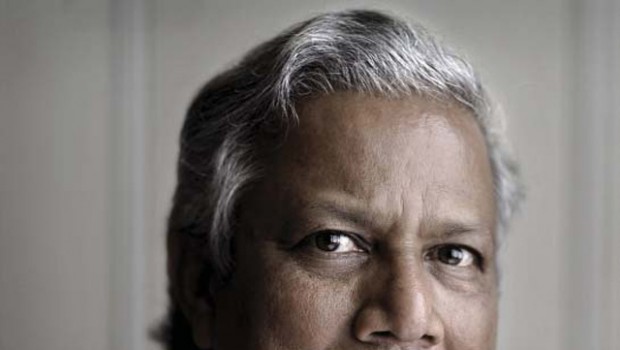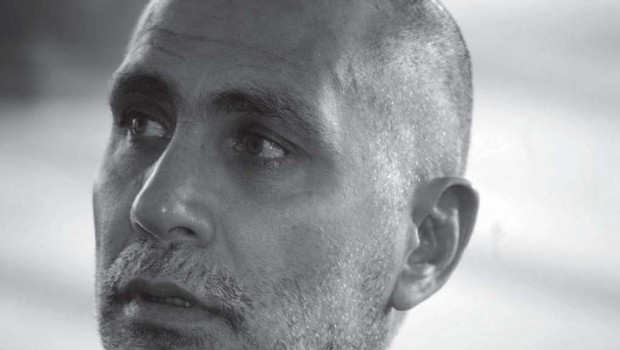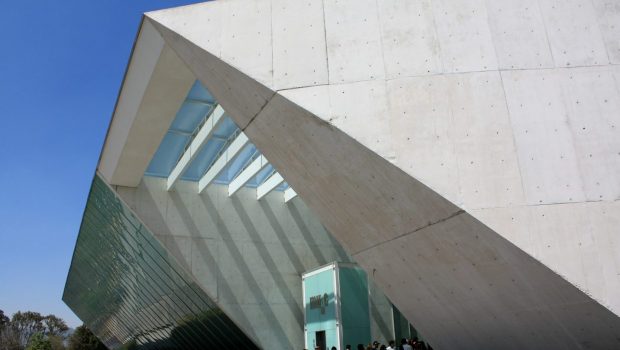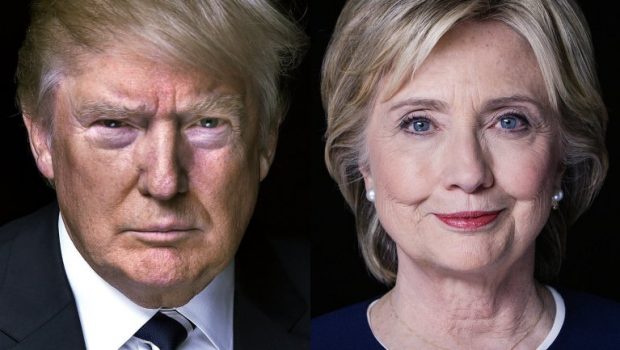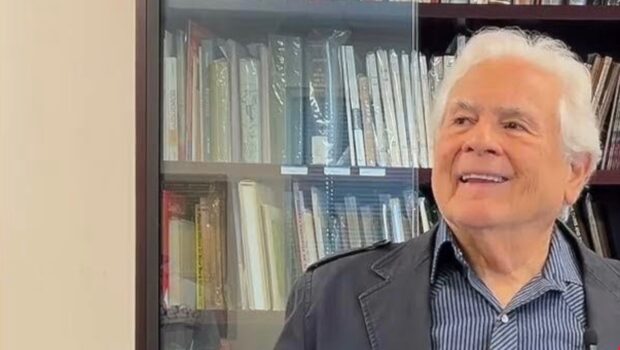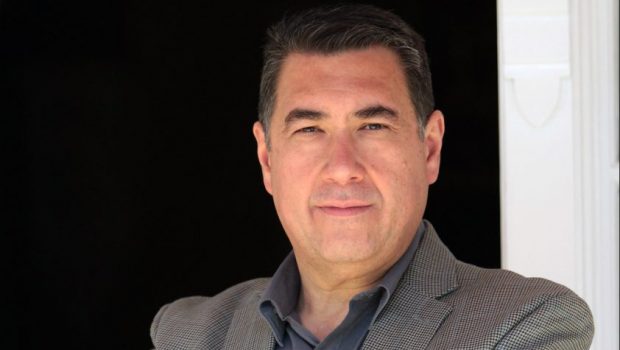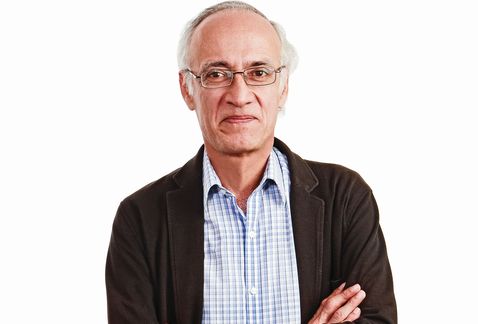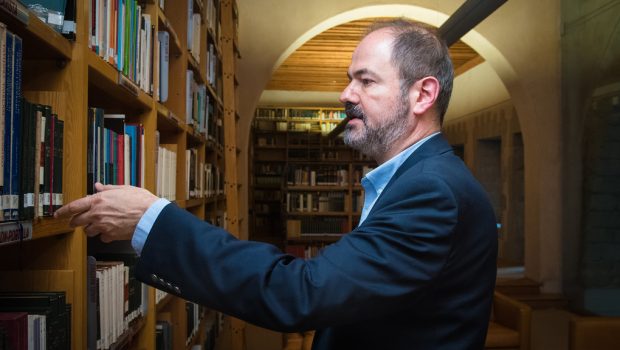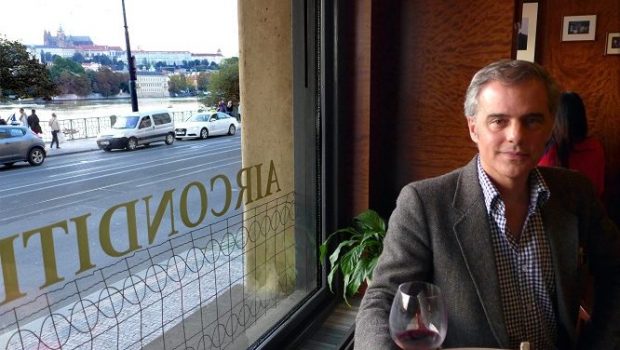A Business Based on Selflessness
Mohammed Yunus
A Business Based on Selflessness
Mohammed Yunus
Doctor Muhammad Yunus, founder and managing director of the Grameen Bank of Bangladesh and longtime RESULTS/RESULTS Educational Fund board member, was recently honored in Houston Texas. Literal got a chance to interview the Nobel Peace Prize laureate on how he has brought millions of people out of poverty, and social capitalism, the new kind of capitalism he wants to broaden.
* * *
Patricia Gras: Tell me about the social business model. Why did you create this model?
Mohammed Yunus: Because existing business models are all about making money. That’s what everybody who goes into business has to do; that’s what the theory says. And I feel very uncomfortable with it because it makes human beings as a kind of singledimensional being. All they do with their business life is make money. But the real human beings that you and I see around us are multi-dimensional people. They have all kinds of things inside of them. Their endurance comes from many different sources, not just one source. In a business that has already established making money as its ultimate goal, there is no other source of happiness. That’s also not right. There is selfishness in human beings; economists took the selfishness of humans and built the whole idea of business around that. There is selfl essness in human beings, too. But we have no business based on selflessness. So I said, why don’t we create businesses on the basis of selflessness? If there is something like that in human beings, then let them have this business model to express themselves. So this is what I call the Social Business. This is a business model in which you want to solve problems for other people, not make money from them. It’s a business, because it still covers its own costs and it solves a problem. So this is what it does. That’s the difference between Social Business and Conventional Business.
PG: What have you learned about the poor that most people don’t know?
MY: Well, people don’t pay attention to what poor people do and what their life is all about. One thing that some of us ignore about poor people is that they’re capable as human beings like anybody else. They are simply not given the opportunity to change their life, because society refuses to do so and rejects them from the conventional facilities that society provides. Tat’s when they become victims of the system. Poverty is not created by poor people. Poverty is created by the system we’ve built. And if we fixed the system, nobody would be poor.
PG: The poverty rate has fallen from 74% in 75 to 20% in 2005. That’s a huge reduction. Did the Grameen Bank have a lot to do with it?
MY: I have no idea. But, definitely Bangladesh has overcome poverty in a massive way.
PG: You faced a number of different challenges regarding people who didn’t believe in what you were doing. Cultural, religious challenges. Could you share how you overcame that?
MY: Well, when you do something new, there’s always opposition. When I talk about Social Business, there’s opposition to it because it’s something new. So, the opposition comes from all directions. For example, because I was working with women, there was opposition from men. Because I was working with women, there was religious opposition. Because I was doing banking a different way, bankers were not happy with me. Economists who think development should be done in a different way were not happy with me. So there are many examples. You try to persuade, explain, and show the results to people, and one day, people start accepting it. Or in some cases, no matter what you do or say, others will state that it doesn’t fit into the actual picture.
PG: Tell me what you want to achieve from now on… what is your ultimate goal?
MY: The goal is to make known that we have so many problems around us in every society: problems with poverty, global warming, energy, food crises, drugs, crime, and conflict among nations, to mention a few. How do we address all those things instead of piling them up without doing anything? What is the mechanism by which you can do that? The goal is trying to build some kind of mechanism to address them. And I think Social Business is one that will play a very important role.
PG: Will we get to the point where all of the [microcredit] organizations around the world will be profitable?
MY: It depends on whether or not you know how to run the business, of course. If you know it’s right, then it will work. We had no problems being profitable right from the beginning.
PG: Could you elaborate on profitability and the social component of microcredit?
MY: Profitability means whatever amount of money you spend, you get back. If you can get your payments right, you should be able to overcome all the problems of getting into a profitable situation. But all of the things that we do are about impact, not about profitability. We are not trying to make a profit from helping children. Our type of business is so that children among families should be able to go to school and have a good education. So that’s not related to the profit issue. When we try to give loans to beggars, we are not looking to make ourselves profitable. We simply think this is what needs to be done.
Posted: April 22, 2012 at 5:06 pm


